I Wake Up Streaming: October 2021
Movies
In this edition of “I Wake Up Streaming,” novelist William Boyle rounds up his top streaming picks for the month of October. The column’s name is a play on the 1941 film I Wake Up Screaming, starring Betty Grable, Victor Mature, and Carole Landis. While the film’s title hits a pleasing note of terror and despair, changing that one letter speaks to the joy of discovering new films and rediscovering old favorites, as well as the panic that comes with being overwhelmed by options.
The Many Saints of Newark (HBO Max)
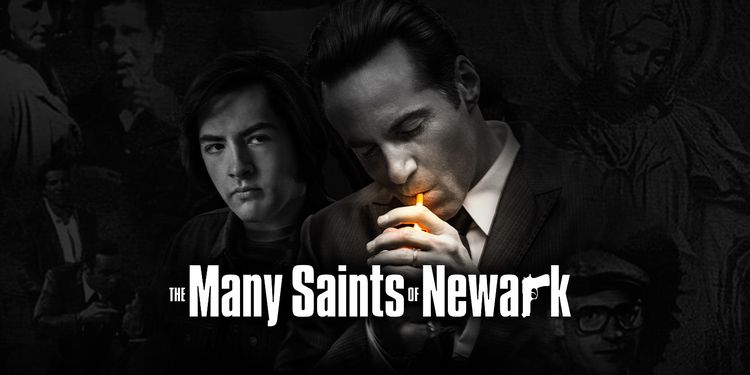
People have so idealized The Sopranos as The Greatest Show Ever Made that they forget viewers were whining and complaining early on, certainly by season four, about David Chase’s subversive storytelling choices. It’s no surprise that the reaction to The Many Saints of Newark, co-written by Chase and Lawrence Konner and directed by Alan Taylor, has been largely negative. Chase was never going to make this a simple origin story for Tony Soprano. Instead, we get a profoundly unsettling character study, one that focuses less on Tony and more on his uncle Dickie Moltisanti (played with tenderness and fury by Alessandro Nivola), the father of Michael Imperioli’s Christopher, as he navigates the changing climate in Newark in the 1960s and ’70s. It’s a movie that cracks open a legend to uncover more yearning and desperation and rage. The good old days of the mob—the days that the characters on The Sopranos are pining for—never existed. It was always a mess. It was always an operation driven by violent men who claimed to live by a code but didn’t, territorial men who ruined lives at a perceived slight. In an interesting turn, Christopher narrates the story, ostensibly from hell, a late addition to the script by Chase and Co. and an effective one. The movie is full of knockout performances: Ray Liotta in dual roles as Dickie’s father, Hollywood Dick, and his jailed uncle Sal, transcendent and unnerving with those glaring eyes and that scowl, part priest and part primitive gangster; Leslie Odom, Jr. as burgeoning Frank Lucas acolyte, Harold McBrayer; a heartbreaking turn from James Gandolfini’s son, Michael, as teenage Tony; a memorable, if mostly peripheral, Jon Bernthal as Tony’s old man, Johnny; Michela De Rossi as Giuseppina Moltisanti, a character whose story haunts, inhabits, and takes over the whole narrative, a woman who longs for a better life and gets sucked into the awful machinery of mob life; the great John Magaro (who is excellent in many things but especially Kelly Reichardt’s First Cow and Chase’s Not Fade Away) turning it up to eleven as Silvio Dante, both hilarious and surprisingly emotional; and, for my money, the best performance in the picture, Vera Farmiga as Tony’s mother, Livia, channeling both Nancy Marchand and Edie Falco, deepening the show’s psychological (and Oedipal) elements. A challenging watch that reveals more with each viewing, especially regarding the cyclical nature of toxicity and violence. As Matt Zoller Seitz has pointed out, it’s important to pay attention to the significance of recurring locations. The digital video doesn’t look as good as the show, which was shot on 35mm, and I wish Chase had been able to direct as originally planned (though Taylor does a good job), but The Many Saints of Newark is easily one of my favorite films of the year. It’s closest point of comparison might in fact be David Lynch and Mark Frost’s Twin Peaks: The Return. Who is the dreamer? What year is this?
Midnight Mass (Netflix)
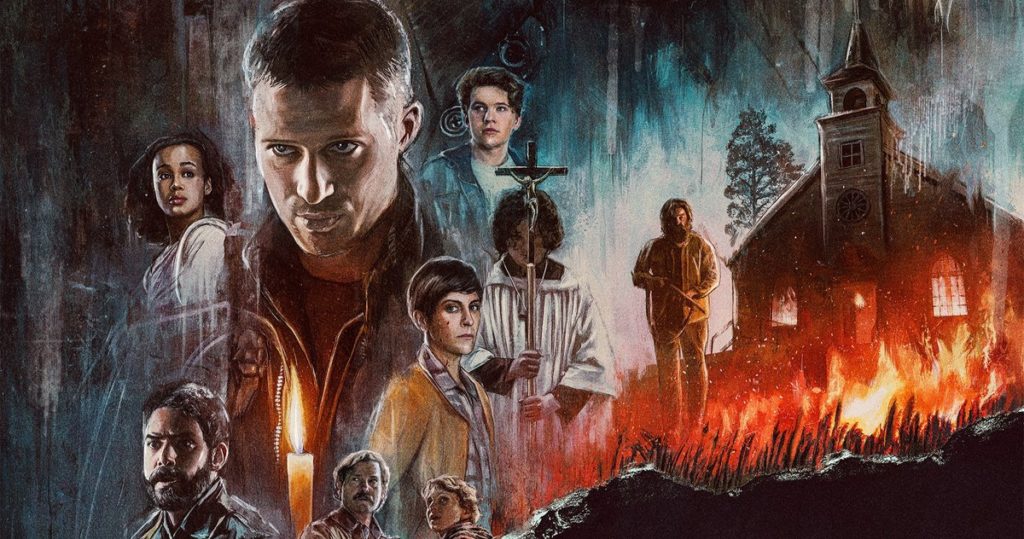
I didn’t come to this staggering seven-part series with any preconceived ideas about writer/director Mike Flanagan, having somehow never seen any of his work. I knew about his Stephen King adaptations and his Shirley Jackson adaptation, but I avoided them out of an abundance of caution. Yet something drew me to this, despite my recent aversion to most shows that have hype built up around them. Midnight Mass is a Catholic-haunted horror story that tangles with grief, recovery, forgiveness, faith, doubt, evil, and way more, and it moved me deeply. An isolated island community, “the Crockpot,” is lit up by mysteries and miracles of Biblical proportions after a young priest appears to take over for an old priest who has fallen ill and gone off-island to recover. Other key characters include those that have returned to the island for various reasons, to tend to sick relatives or because they have nowhere else to go, and those that have never left. It’s full of beautiful performances, chiefly from Hamish Linklater as Father Paul, Zach Gilford (Matt Saracen on Friday Night Lights) as prodigal son Riley, Kate Siegel as moral compass Erin, Annabeth Gish as Sarah, and indie stalwart Robert Longstreet as Joe. Novelistic in both detail and sprawl. Full of long, emotional conversations and monologues. This is how I like my horror: brooding, weepy, rooted in religious notions of fear and guilt and shame, gory and unsettling one minute and melodramatic the next. I can’t stop thinking about it.
Once Upon a Time in Queens (ESPN)
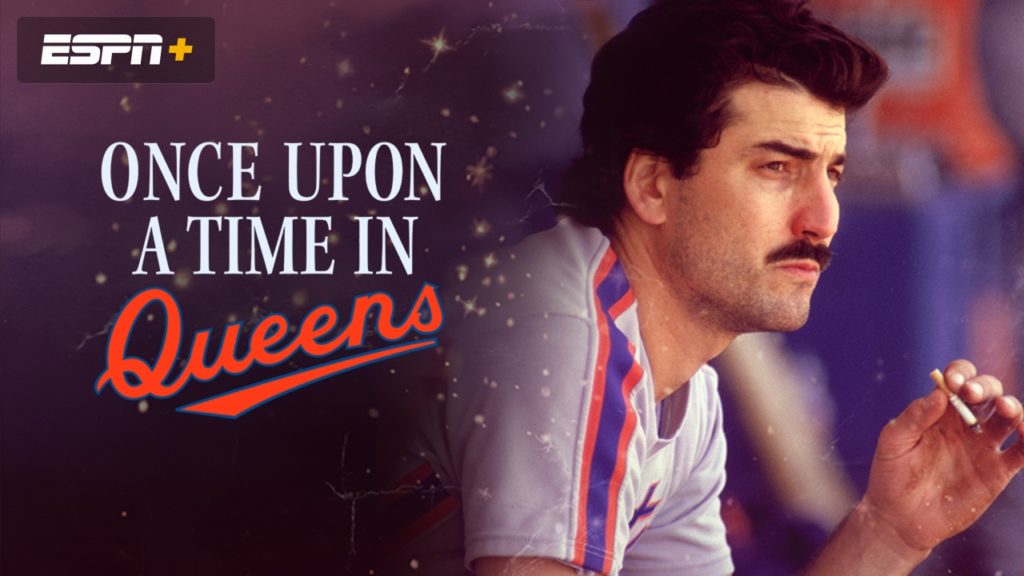
I have a complicated baseball history. I grew up a rabid Mets fan. I was eight when they won the World Series in 1986, that preposterous and otherworldly run being the subject of this docuseries. That team was in my blood. Lenny Dykstra was my favorite player. I had his poster up on my wall. I wore number four in Little League. I filled my cheek with bubble gum so I could look like I was chewing tobacco. I slid when I didn’t have to. I came home covered in dirt. I loved his self-ordained nickname, Nails, and I wanted my teammates to call me Nails, too (it didn’t take). The night of their Game Six win over the Red Sox was one of the happiest nights of my life. I clutched the arm of the sofa, nerved all the way up, finally jumping and dancing when that ball rolled into the outfield and Ray Knight crossed the plate as the winning run. It was pure, unfettered joy. It wasn’t tempered with fear or worry as even the best days and nights and moments of my adult life have been. I thought this was how the world could be. Fate would work in our favor. The stars would align. What shouldn’t happen—what couldn’t possibly happen—would happen. Hit after hit with two outs. A wild pitch. A trickling grounder to a first baseman with bad knees. A stadium erupting. A city erupting. Just electric, heavenly joy. I thought things could be like that forever. They weren’t. In 1987, general manager Frank Cashen began to dismantle the team. By ’89, it was all gone. Dust. I abandoned the Mets, tried to be a Phillies fan (Dykstra and Roger McDowell had been traded there) and then tried to be a Yankees fan before giving up on baseball for a long stretch. As I got older, I realized that the Mets team I’d so admired as a kid was full of bad men, addicts and abusers, messy and complicated and broken and self-destructive men. Time and age had peeled the curtain back. It was like Blue Velvet. Apple pie heroism masking the Frank Booth underbelly of things. Anyhow, I watched this excellent docuseries with a mix of wistfulness and melancholy and dread. Nothing could erase the magic of that run, what it meant to me then, what it meant to so many folks. It was beautiful and strange. Is there anything like Game Six in all of sports? That exact mix of miracle and backyard adolescent daydream? Things like that just don’t happen. But this did. I cried a lot over the four episodes, yearning for that joy I felt as a kid without any knowledge of the awakening to fear and evil that followed.
Muhammad Ali (PBS)
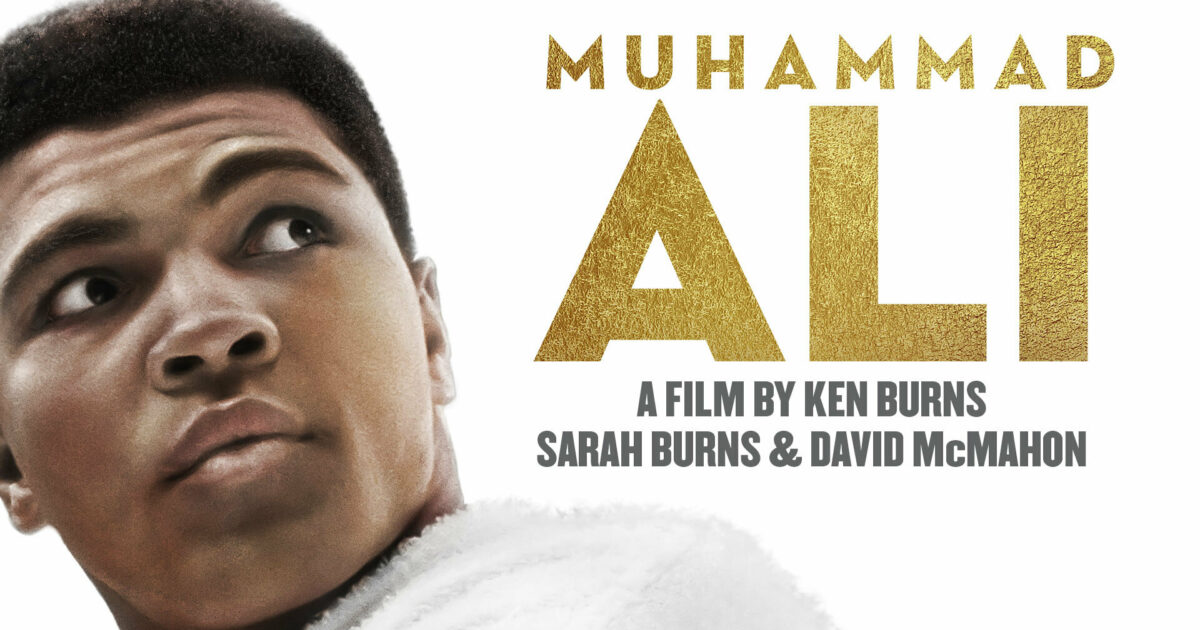
A brilliant and beautiful four-part documentary about Muhammad Ali by Ken Burns; his daughter Sarah Burns; and her husband, David McMahon. There is no shortage of Ali content, that’s true, but this immediately joins the pantheon of essential works about him. It’s laced with energy—killer needle drops, great movement and pacing, stopping to linger when it needs to and speeding ahead at other times, but never neglecting what can’t be neglected. Ali is a hero, but he was also deeply flawed, and a feeling of intense melancholy and regret hangs over the portrait of him as husband and father. His training, fighting, and talking are breathtaking. Later, ravaged by illness and damaged by fighting for far too long, he transforms into a solitary and quiet man. Watching as he lights the Olympic Flame in Atlanta in ’96 is an emotional climax of a legendary life. Through it all, despite the combat in the ring, he is a messenger of peace. What separates this from many of Burns’s other documentaries is the wealth of incredible footage of Ali. Because there have been so many documentaries, because all of the fights were filmed and so heavily reported, because he is one of the most photographed figures in American history, the documentary is alive and pulsing and on fire with images of Ali. Much of it is stuff we’ve seen before, but some of it is new and, compiled as it is here, it all feels fresh. Pair Muhammad Ali with another great recent boxing documentary series, The Kings (available on Prime Video until 10/15), in which the post-Ali heyday of Sugar Ray Leonard, Roberto Duran, Tommy Hearns, and Marvin Hagler is chronicled in the context of the changing face of American culture in the ’80s as capitalism digs its claws in.
TwentyFourSeven (Prime Video)
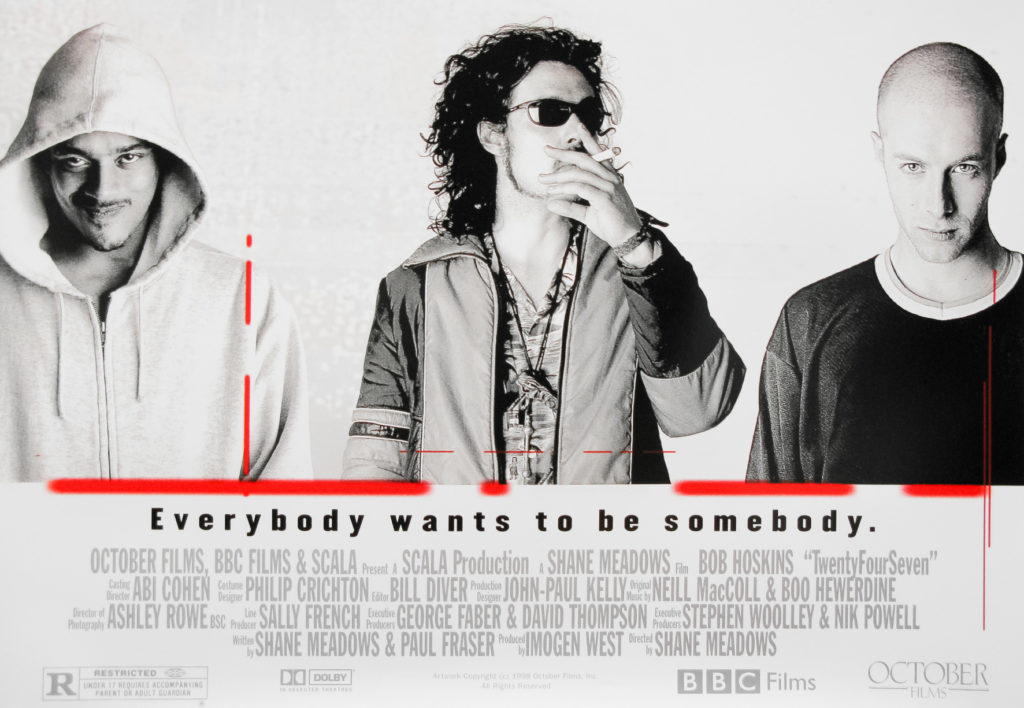
Somehow a first-time watch for me. Bob Hoskins plays Darcy, a man who is trying to build a boxing club for wayward boys to give shape to their shapeless days because he remembers how the boxing club of his youth saved his life. It’s a simple premise, one that could’ve easily edged into saccharine, feel-good territory, but Shane Meadows (this was, amazingly, his debut feature) never lets it go there. Darcy is optimistic and good-hearted, but he knows the darkness of his town, the myriad ways people are dragged down and ruined, and he’s always on guard. Shot in evocative, gritty black-and-white and with a killer soundtrack, TwentyFourSeven manages to be both grim and light on its feet, straddling the line between brutality and humor. There are several moments and sequences—the dancing, the club’s trip to Wales, the handprints on the counter, the climactic fight scene by the dumpster—that are unforgettable. Hoskins is tender and heartbreaking (this is certainly up there with Mona Lisa and The Long Good Friday as one of his best performances), and he plays Darcy as a romantic eternally on the ropes, a good man who is challenged one too many times.
William Boyle is the author of the novels Gravesend, The Lonely Witness, A Friend Is a Gift You Give Yourself, City of Margins, and Shoot the Moonlight Out (forthcoming November 2021), all available from Pegasus Crime. His novella Everything Is Broken was published in Southwest Review Volume 104, numbers 1–4. His website is williammichaelboyle.com.
More Movies
